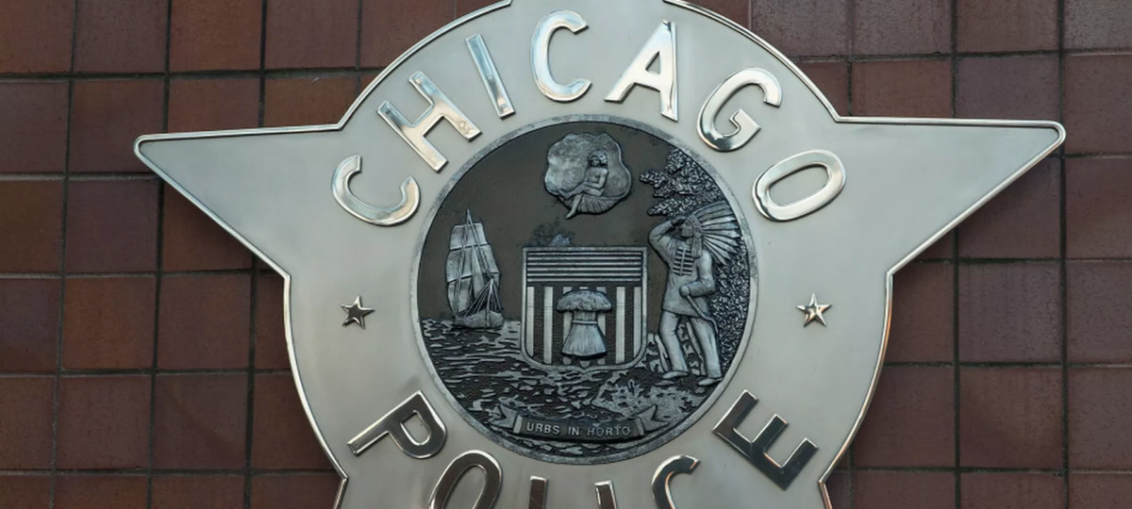
Two years after hard that Rahm Emanuel empower a civilian oversight board to fireside the police superintendent and identify police coverage, Mayor Lori Lightfoot has solid a compromise that does best considered one of a type of two issues.
The Grassroots Alliance for Police Accountability sought after the appropriate to take a vote of no-confidence within the superintendent that will cause “some action” — both City Council hearings or a public observation through the mayor about why she has the same opinion or disagrees.
They didn’t get it.
Instead, the compromise requires the fee to paintings with the mayor to determine annual “goals” for the superintendent, Civilian Office of Police Accountability leader and Police Board. Each could be required to publish a “written self-evaluation,” adopted through the fee’s evaluate and the mayor’s “final performance review.”
Top mayoral aides stated Thursday that the verdict ultimate month through a civilian police fee in Oakland, California to fireside its police leader with out reason hardened Lightfoot’s opposition to giving a civilian oversight panel in Chicago identical powers.
“You need to look no further than Oakland and what has happened there to see what the downside of that can be,” mentioned a best mayoral aide.
“The mayor felt very strongly that the power needs to remain with her. … She’s still gonna have to deal with it in the court of public opinion. She still has to deal with her police commission. But it’s not gonna be something that triggers a series of operational things that leaves the superintendent questioning his job or her job.”
Another Lightfoot aide added: “We’re trying to balance being able to still govern and operate the police department while inviting community participation and input. The decision was that the vote of no-confidence disrupts that delicate balance.”
The mayor used to be extra accommodating at the factor of coverage. Her ordinance empowers the fee to approve police basic orders and COPA insurance policies.
Policy-making would leisure basically with the Chicago Police Department. But the fee may request that CPD and COPA “draft new or amended policy for the commission to review.” The fee additionally may draft its personal insurance policies.
Disagreements could be adopted through 30 days of “good-faith discussions.” If the ones fail to provide an settlement, the mayor will be the ultimate arbiter. If she doesn’t continue with a proposed coverage, she’d have to give an explanation for that call in writing.
After years of negotiations, GAPA Coordinator Desmon Yancy mentioned he’s “very excited” about an ordinance with possible to “transform public safety and policing across Chicago.”
“It will increase accountability and improve police community relations and that will make all of us safer — civilians and police officers,” Yancy informed the Sun-Times.
Ald. Chris Taliaferro (29th), chairman of the City Council’s Committee on Public Safety, appropriately predicted the firing of Oakland Police Chief Anne Kirkpatrick would advised the mayor to dig in her heels.
Nevertheless, he referred to as the ordinance, to be presented on the March 18 City Council assembly, a “great compromise” that would “bridge the divide of trust between police and community” created through the police taking pictures of Laquan McDonald.
“If the police superintendent is not performing well, she should be free to get rid of them. If they are performing well, she has a right to keep them. Ultimately, their performance rests on her and could determine her future as mayor,” Taliaferro mentioned.
Kirkpatrick had left CPD for the Oakland task.
Ald. Gilbert Villegas (36th), the mayor’s City Council ground chief, mentioned Lightfoot used to be good to face her floor.
“If something goes wrong, they’re not gonna call the commission. They’re gonna call the mayor,” he mentioned.
The seven-member fee could be nominated through elected representatives from the 22 police districts.
But the ones representatives will have to…